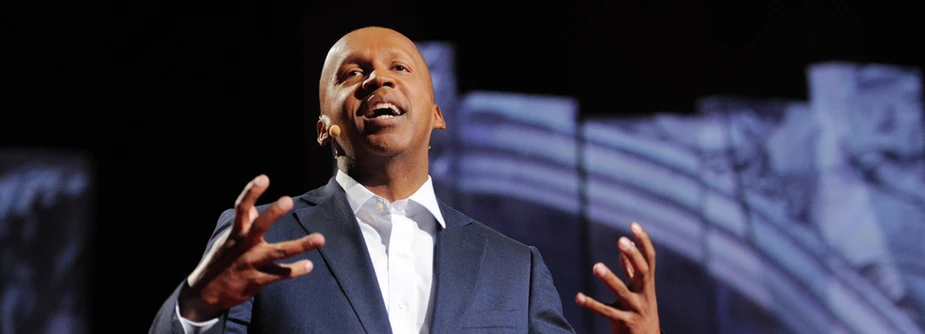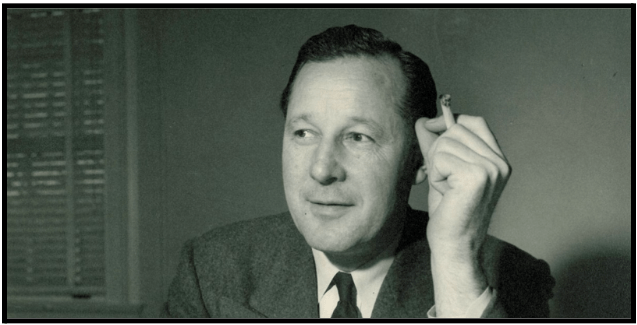Talking Big Ideas.
“I’m obsessed . . . I can’t put it down.”
~ My buddy Roger Pattison, on the book Project Hail Mary
Maryrose read Project Hail Mary in a day.
She told me it’s captivating. Lives up to the hype. I opened the book shortly after she closed it, started reading, and was immediately hooked. We joke that the only part we didn’t like was knowing that it couldn’t last forever.
What makes Project Hail Mary so good? The author, Andy Weir – who also wrote the bestseller The Martian and the brilliant short The Egg – seems to have perfected his craft of teaching complex science in a simple and compelling way. We’ve discussed in this newsletter the importance of clarifying the complicated.
But that can’t fully explain the intense love he’s getting. Books focused on demystifying science don’t rack up 50,000+ rave reviews on Amazon in a few months. Nor do they get Ryan Gosling cast to star in a movie adaptation more than a year before the book gets published!
I think Weir’s true genius is this: He does a masterful job of making his audience feel like they’re part of the adventure.
Stories done well give the sensation of effortlessly floating along inside them. They’re immersive worlds.
Good stories are simulations.
We don’t passively experience a quality story. We actively live it. Will Storr writes in The Science of Storytelling:
As the story sends us on the thrilling roller coaster of control, our bodies respond accordingly, experiencing its events: heart rate goes up, blood vessels dilate, changing activations of neurochemicals such as cortisol and oxytocin have powerful effects on our emotional states.
We yearn for these moments. Kids invent worlds and demand bedtime stories. We binge TV shows, movies, books, and games.
And once we enter the simulations, we are vulnerable. A meta-analysis of more than a hundred studies on the power of stories concluded that “the transported traveler can return changed by the journey.”
Historian Lynn Hunt explains how the birth of the novel transformed our ability to understand people who are different. From the dawn of time to the mid-1700s our ancestors didn’t typically empathize beyond their local tribe or community.
Then Pamela was published.
A critic wrote in the 1740s that “you cannot go into a house without finding a Pamela.” Readers were immersed in a world where they experienced different classes, sexes, and nationalities. Hunt argues that early novels like Pamela played a vital role in the emergence and development of the rights we enjoy today.
Mark Twain said that “Travel is fatal to prejudice, bigotry, and narrow-mindedness.” It appears this applies to simulated travel as well.
Harriet Beecher Stowe’s novel, Uncle Tom’s Cabin, was so popular in Europe and the United States that for years eight presses “running incessantly” had trouble making enough copies. Stowe made her readers feel love for slaves. And it changed the world. An apocryphal anecdote holds that Abraham Lincoln met Stowe and said, “So this is the little lady who made this big war.”
The social reformer William Lloyd Garrison attended a talk once by an unknown fugitive. Garrison called it “extraordinary,” writing that the escaped slave was “richly endowed” with intellect and “more eloquent” in the cause of liberty than even the Founding Fathers.
The fugitive would become the most photographed American of the century. His stories spread like wildfire, altering the landscape of countless minds and, eventually, the world.
More recently, Bryan Stevenson’s speech, We need to talk about an injustice, changed the way our country thinks about criminal justice. Try to listen to the first few minutes of his talk without being transported back in time to that conversation with his grandmother.
Consider the impact of one TV show. It’s hard to believe that less than a decade ago, Democratic icons including Barack Obama, Hillary Clinton, and Joe Biden all opposed marriage equality. As Peter Kiefer and Peter Savodnik explain, “The original run of ‘Will and Grace’ (1998-2006), did more to advance the cause of gay marriage than anything” prior to the Supreme Court’s landmark ruling.
Politicians, like the rest of us, follow cultural trends shaped by the true leaders of change: The storytellers.
Good stories move us. Teach us. Change us.
As the Heath brothers write in Made to Stick, powerful stories “are like flight simulators for the brain. . . . Flight simulators are better for pilots than instructional flashcards” because they “put knowledge into a framework that is lifelike, more true to day-to-day experience.”
This week a client got me choked up by reliving the moment his brother almost died. I’ve seen attorneys cry listening to their colleague talk about being bullied in school. My friend Ben received a standing ovation and job offers after sharing a story about his early life in Ghana.
We can have similar impacts on our audiences.
In future pieces, we will dive into various ways to share our stories so they have the transformative power of simulation.
***
![]() IDEA
IDEA
Good stories are simulations.
What’s a story that has deeply resonated with you? It could be one you heard in childhood. Or recently from a friend. Perhaps it was in a video you watched online.
Ask yourself why you find the story so moving. Was it a summary of facts, or did it transport you somewhere else and make you feel a certain way?
Please share the story with me!
***
If you find this useful, please subscribe to our free weekly newsletter.




